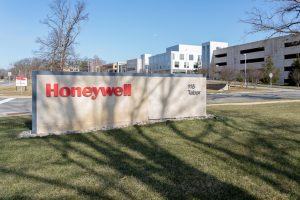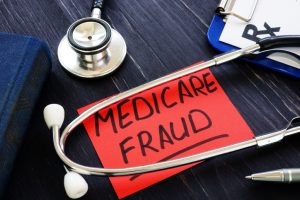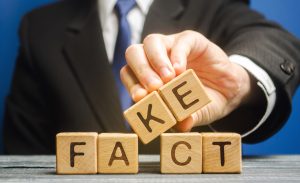 The Rensselaerville Institute allegedly overstated its average monthly payroll to receive a larger PPP loan
The Rensselaerville Institute allegedly overstated its average monthly payroll to receive a larger PPP loan
The Rensselaerville Institute of Albany, New York, a community nonprofit, has paid $86,676 to settle allegations that it violated the False Claims Act by fraudulently overstating its eligibility for a loan under the Paycheck Protection Program, thereby obtaining more funds than it was entitled to receive. In the settlement, Rensselaerville admitted it fraudulently overstated the organization’s average monthly payroll on its PPP loan application and, despite being alerted to the issue by auditors, did not return the excess funds but instead applied to the government for forgiveness of the entire loan.
The fraud was exposed by Rensselaerville’s former Chief Financial Officer, who filed a qui tam whistleblower lawsuit under the False Claims Act and received a whistleblower award of $17,000 from the settlement, the U.S. Department of Justice said.
 The Whistleblower & Anti-Fraud Blog
The Whistleblower & Anti-Fraud Blog




 The settlement follows Cardinal Health’s payment of $13M to resolve related False Claims Act allegations earlier this year
The settlement follows Cardinal Health’s payment of $13M to resolve related False Claims Act allegations earlier this year


 hinese Billionaire Liu Zhongtian—known as “Uncle Liu” or “Big Boss”—have been
hinese Billionaire Liu Zhongtian—known as “Uncle Liu” or “Big Boss”—have been  Court takes “holistic approach” to materiality, rejecting strict focus on the ultimate “payment decision” in significant win for qui tam whistleblowers and the government
Court takes “holistic approach” to materiality, rejecting strict focus on the ultimate “payment decision” in significant win for qui tam whistleblowers and the government uit Court of Appeals has affirmed that false statements regarding eligibility to take part in government programs—and not just subsequent false claims for payment after being allowed to participate—are actionable under the
uit Court of Appeals has affirmed that false statements regarding eligibility to take part in government programs—and not just subsequent false claims for payment after being allowed to participate—are actionable under the